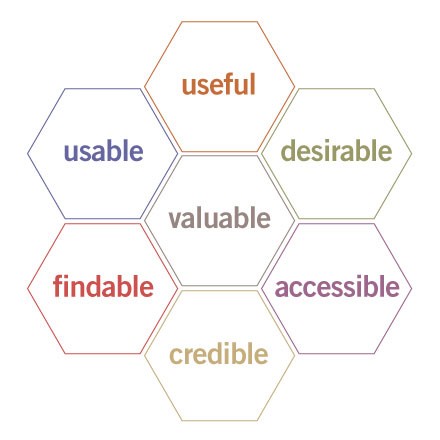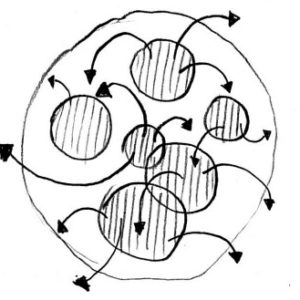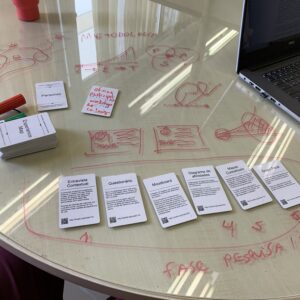The aestheticization of politics pioneered by fascist and populist governments is not working so effective as it was in the past. People don’t trust politicians neither the media anymore because, among other factors, they could not keep up with the diversification of identity wishes from the population.
Companies, at the other hand, have been very successful on fulfilling these wishes by offering a multitude of brands. Design became instrumental for that mean by its capability of embedding symbolic relationships into things. Lifestyle, age, income, culture were crafted into product’s shape and form. Design has been so effective in that effort that, in some sense, stole the public expectation of novelty from Art.
Today, I see a tendency for Design to advance reification further than the symbolic level. Instead of pointing to ideas, design is increasingly pointing to actions. Thus, broad and diffuse concepts are leaving out space for specific and measurable aspects in design practice. Usability was one of the first aspects that gained attention, followed by emotional and social aspects.
Some people criticize this tendency because it slices up the user experience into manageable parts, fragmenting the gestalt and ultimately killing product aesthetics. I prefer to think that this just is a new kind of aesthetics: an aesthetics that conflates ethics by explicitly shaping human behavior. Such thing must be accountable, either to companies, to users and to public institutions, that’s why Design is getting more grounded onto objective, defined, measurable things.



